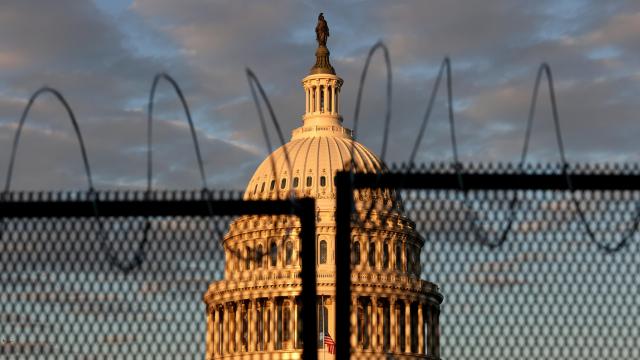If you’ve sent a money transfer over $US500 ($694) to another person in recent years, there’s a decent chance U.S. law enforcement agencies could know about it. That’s according to new documents unearthed by The American Civil Liberties Union and The Wall Street Journal that show more than 600 law enforcement agencies reportedly had access to a database that includes more than 150 million transfer records for Americans and people from more than 20 different countries. Officers were reportedly able to access those records, which include the full names of senders and recipients, without a warrant. In a statement sent to Gizmodo, the ACLU described the previously undisclosed monitoring system as, “One of the largest government surveillance programs in recent memory.”
Law enforcement agencies, from small-time local police departments to some of the largest federal policing agencies, accessed the records from a shadowy database housed in Arizona. Ostensibly, those records would help law enforcement collect evidence of fraud, money, laundering and other crime. Critics, however, say the program vastly overstepped its reach and potentially puts at risk immigrant and low-income communities mostly likely to use money transfer systems. Continue reading for some of the biggest takeaways of the report.
More than 150 million transaction records implicated

The database in question reportedly includes money transfer traction records of more than 150 million people in the U.S. as well as records of individuals in more than 20 countries. The transfers reportedly include full names of the sender and recipient and each transaction amount. Money transfers like these are used for a variety of purposes and are often used by unbanked people to send funds abroad.
Crucially, the database isn’t just a long list of names and records. Law enforcement agents are reportedly able to search through the database using a variety of keywords to search for trends. In one internal slideshow viewed by The Journal, for example, an investigator demonstrated how officers could sift through the database using demographic keywords like, “Middle Eastern/Arabic names.”
Critics of the database say immigrant communities and low income individuals are more likely to use money transfer services, which in turn means they are potentially the most at risk if law enforcement misuses the system. The ACLU says it was able to trace at least three criminal prosecutions back to the database but claims the real figure is likely much higher.
Why does law enforcement want this data anyways?
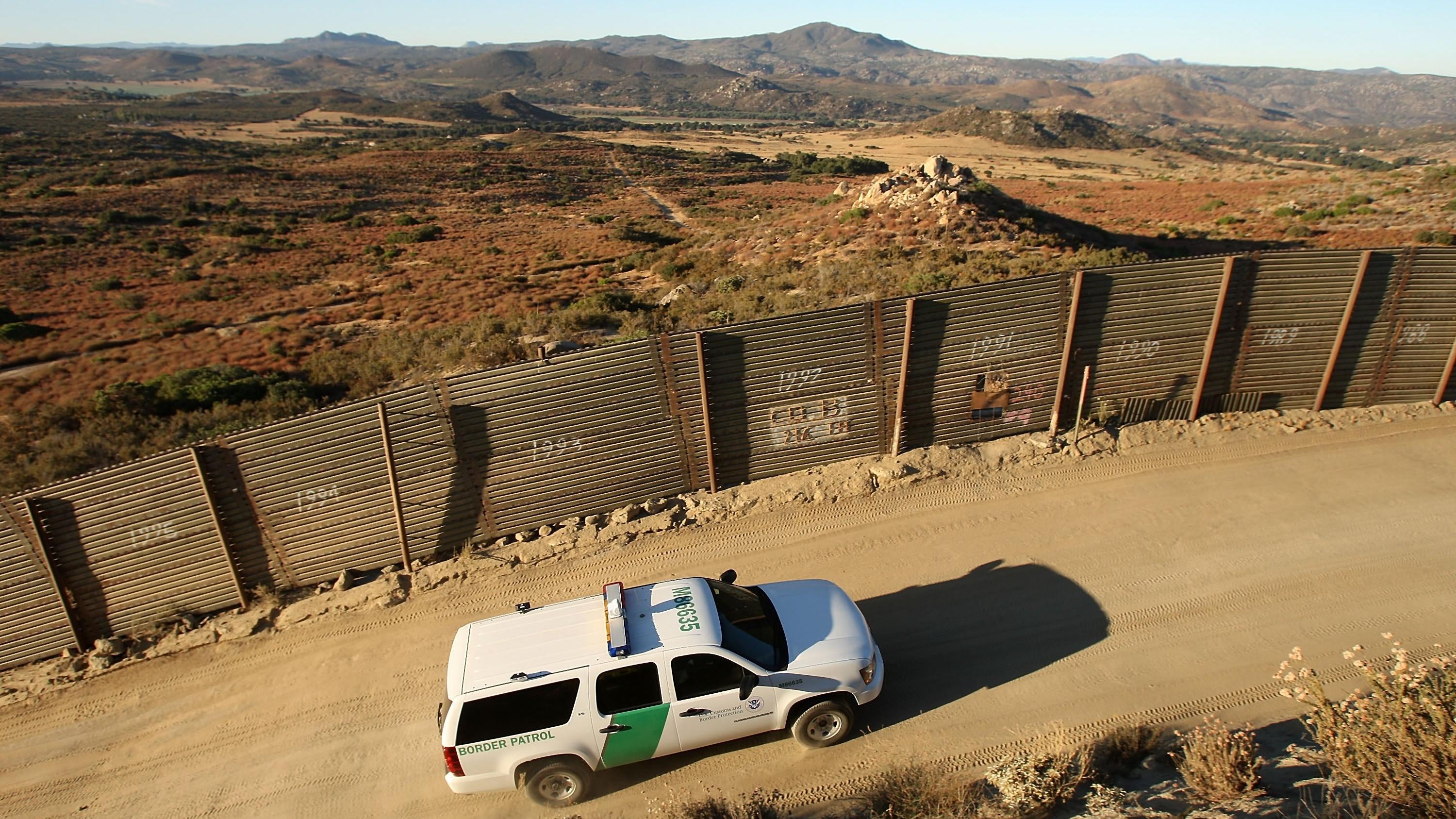
In a nutshell, law enforcement agencies value transaction records because they can be used to paint an investigative picture and collect evidence of money laundering and fraud. Though the data on its own isn’t necessarily enough to make an arrest, supporters of the program say they establish a pattern and show the flow of funds potentially associated with criminal activity.
These money transfer services, which are typically less regulated than larger banking institutions, have drawn scrutiny form lawmakers over concern their lack of reporting makes them more susceptible to criminal activity. On the flip side, that lack of regulations means law enforcement entities are able to tap into money transfer data more easily than they could traditional banking records.
Rich Lebel, the director of the nonprofit organisation responsible for housing the records, told The Wall Street Journal the data had contributed to hundreds of law enforcement leads and busts related to drug cartels and other money laundering operations.
What types of money transfers are implicated?

The transaction records in question include exchanges greater than $US500 ($694) dollars. That cutoff point was selected by the organisation running the database as a type of safeguard to avoid over collecting records of individuals using money transfer for remittances back to other countries.
The database reportedly captures records from some of the most popular money transfer providers, including Western Union, MoneyGram and Euronet. Newer digital first money transfer services such as Apple Cash, Venmo, PayPal and Zelle, meanwhile, do not appear to have shared user transaction records to the database, according to an investigation from Oregon Senator Ron Wyden. Though the program appears primarily concerned with transfers occurring in and out of the U.S. some purely domestic transfers are reportedly being caught up in databases as well.
Who is able to view the money transfers?
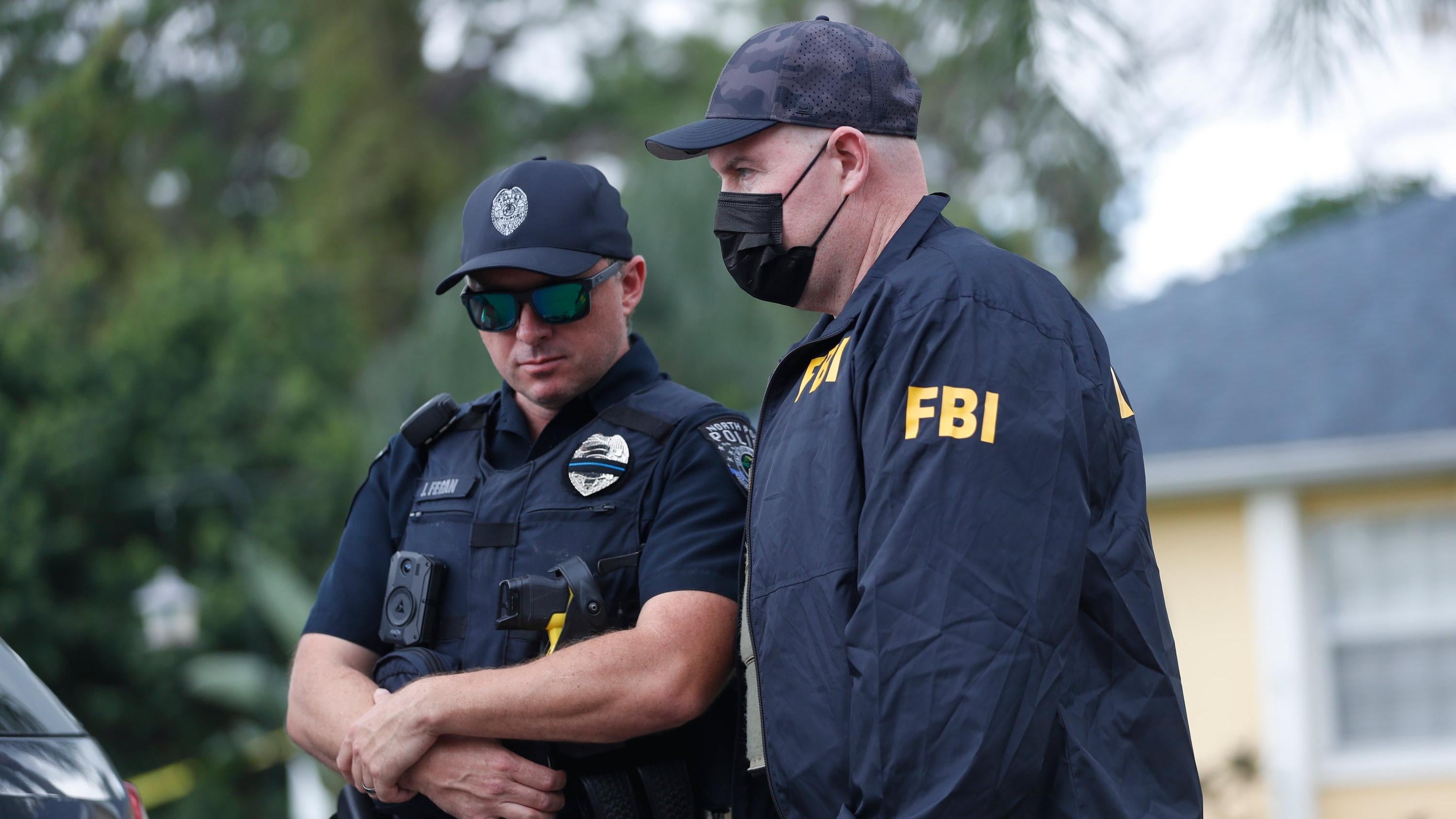
All told, several thousand officers spread out across more than 600 law enforcement entities on the state, local, and federal levels may have had access to the records. On the national level, those agencies reportedly include the Federal Bureau of Investigations, Immigrations and Customs Enforcement, the Drug Enforcement Administration, and smaller local police forces spread out across nearly every state. ICE and Homeland Security alone, according to Senator Ron Wyden, reportedly used customs summonses to suck up roughly six million money transfer records from Western Union and Maxitransfers since 2019.
Is any of this even legal?
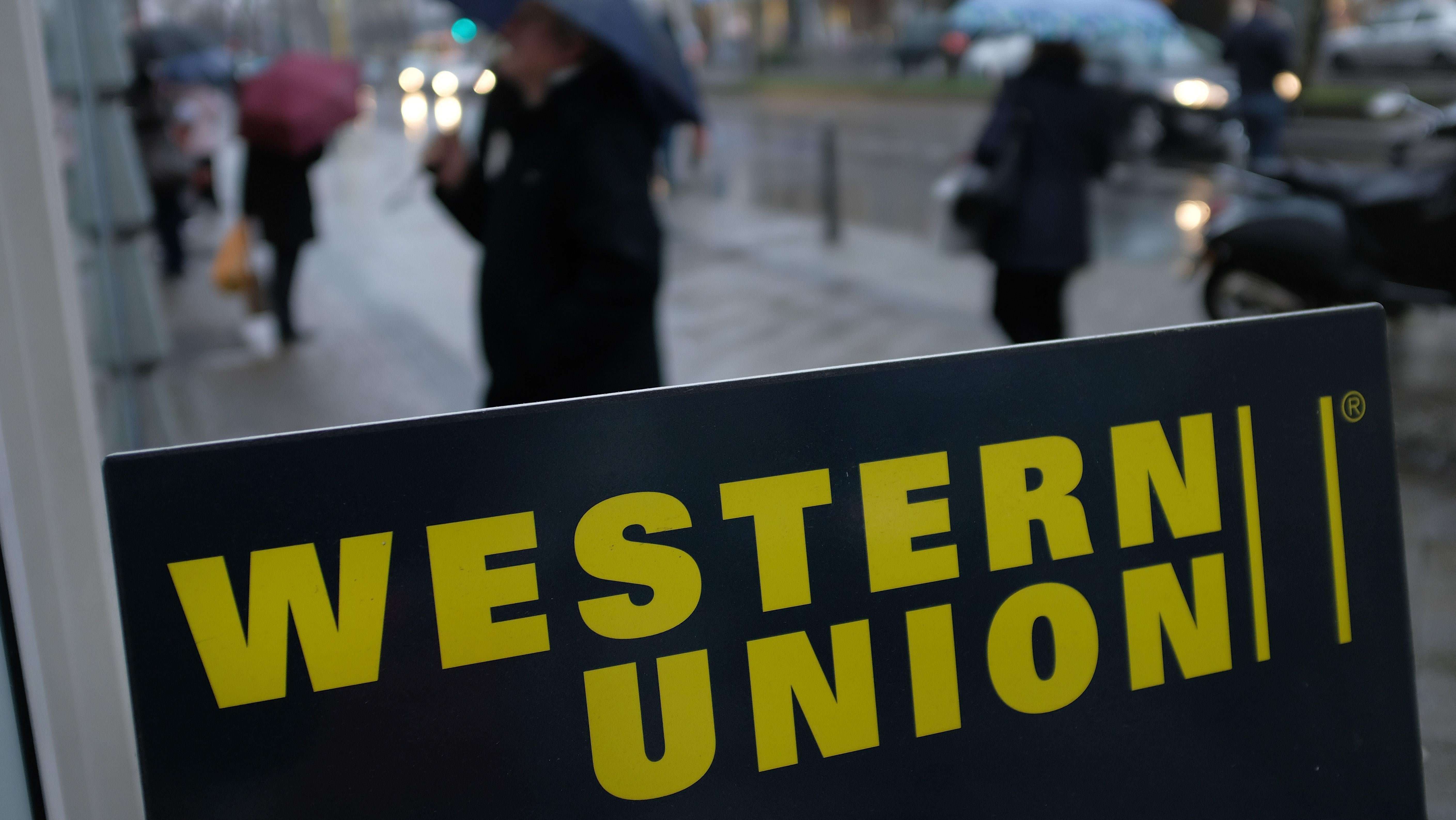
The short answer here is, it’s still unclear. Though many of the private money transfer firms named in the report agreed to hand over the implicated transaction data willingly, civil liberties advocates argue this massive database of records grants law enforcement wide access to sensitive information they otherwise would have needed a warrant to view. At the very least, the workaround looks like a loophole to sidestep proper oversight. The thousands of authorised law enforcement officers, according to documents reviewed by the ACLU and The Journal, were able to parse through the database without a warrant to search for evidence of money laundering or similar crimes in the U.S.
At the same, the ACLU claims the 140 administrative subpoenas issued to money transfer companies by Arizona’s attorneys general between 2014 to 2021 requesting customer transaction records “knowingly” violated federal law.
What is the ‘Transaction Record Analysis Centre (TRAC)’

The crux of the story revolves around a shadowy nonprofit organisation called Transaction Record Analysis Centre (TRAC), set up by Arizona’s attorney general’s office back in 2014. TRAC was formed following a settlement between Western Union and Arizona over cross border drug trafficking from Mexico. Though originally funded through funds from that settlement, those have reportedly already dried up and it’s unclear where the organisation’s current funding comes from.
Experts speaking with The Journal said they believed TRAC had expanded far beyond its original mandate.
“It was never the intent of the parties I worked with to summarily allow for the sharing of personal financial data of individuals with law enforcement,” Oscar Herasme, a lawyer who helped establish TRAC back in 2008 said. “Wholesale access to customer data…runs counter to the expectation of privacy afforded to financial service consumers.”
The pushback
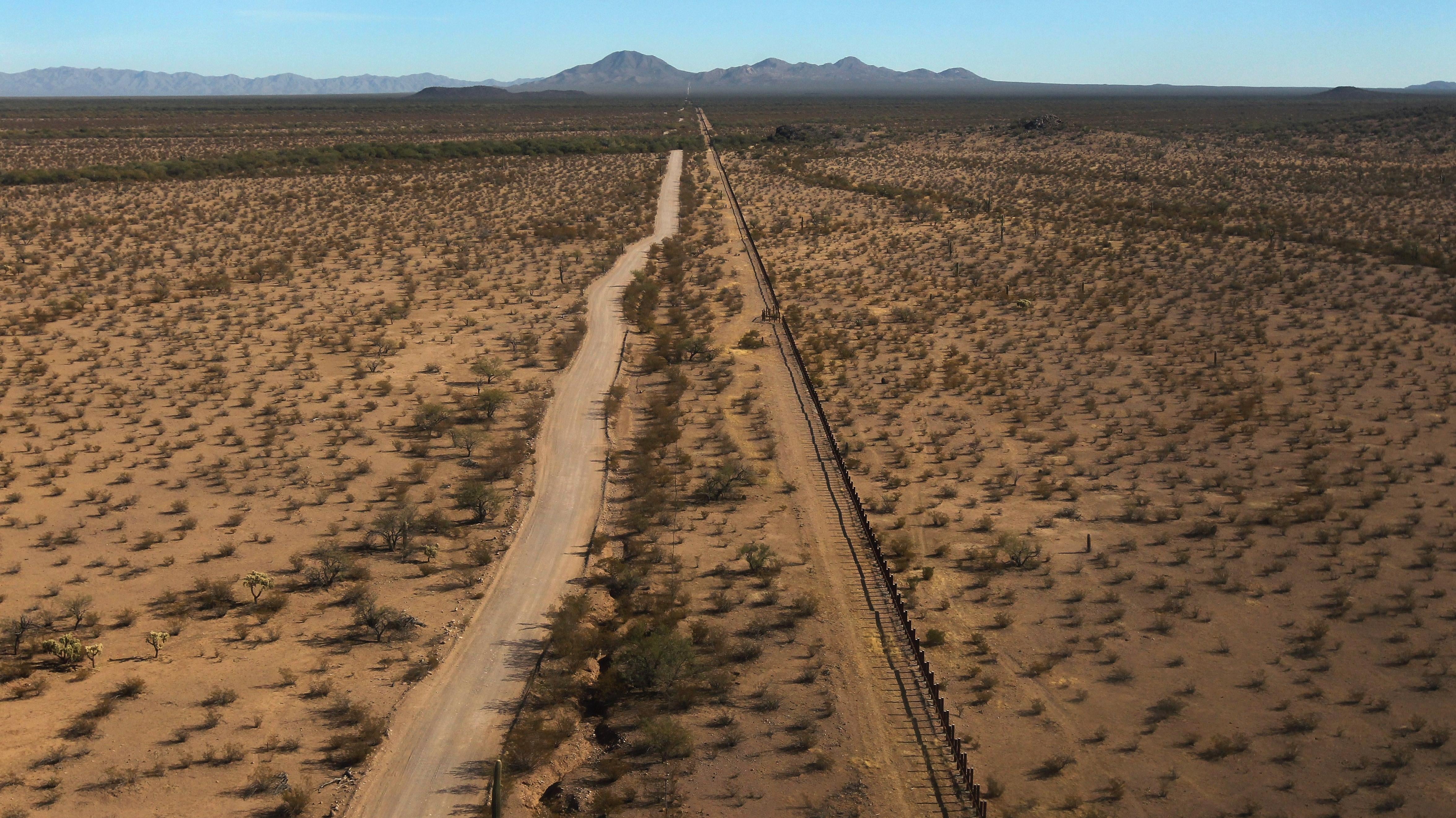
Arizona’s state attorneys general has so far defended its practices and claimed money transfer customers should expect less privacy protections than others.
“Courts have held that customers using money transmitter businesses do not have the same expectation of privacy as traditional banking customers,” an Arizona attorney general spokesperson told The Journal.
Meanwhile, in a statement sent to the Journal, TRAC’s director Rich Lebel, tried to downplay claims this surveillance network was operating in secrecy.
“It’s a law-enforcement investigative tool,” Lebel told the Journal. “We don’t broadcast it to the world, but we don’t run from or hide from it either.” Lebel went on to say use of the TRAC database has increased in recent years due to law enforcement efforts to address the growing opioid crisis.
‘One of the largest government surveillance programs in recent memory’

The money transfer surveillance apparatus drew the ire of civil liberties organisations, most notably the ACLU, which collected the 140 subpoenas sent by the Arizona state attorney general’s office. In statement sent to Gizmodo, the organisation called the system, “one of the largest government surveillance programs in recent memory.”
“These records paint a damning portrait of government overreach,” ACLU Speech, Privacy and Technology Project Deputy Director Nathan Freed Wessler said. “The government should not be allowed to abuse subpoenas and sweep up millions of records on huge numbers of people without any basis for suspicion. This financial surveillance program is built on repeated violations of the law and must be shut down.”
Democratic lawmaker demands an investigation into, ‘bulk surveillance program’
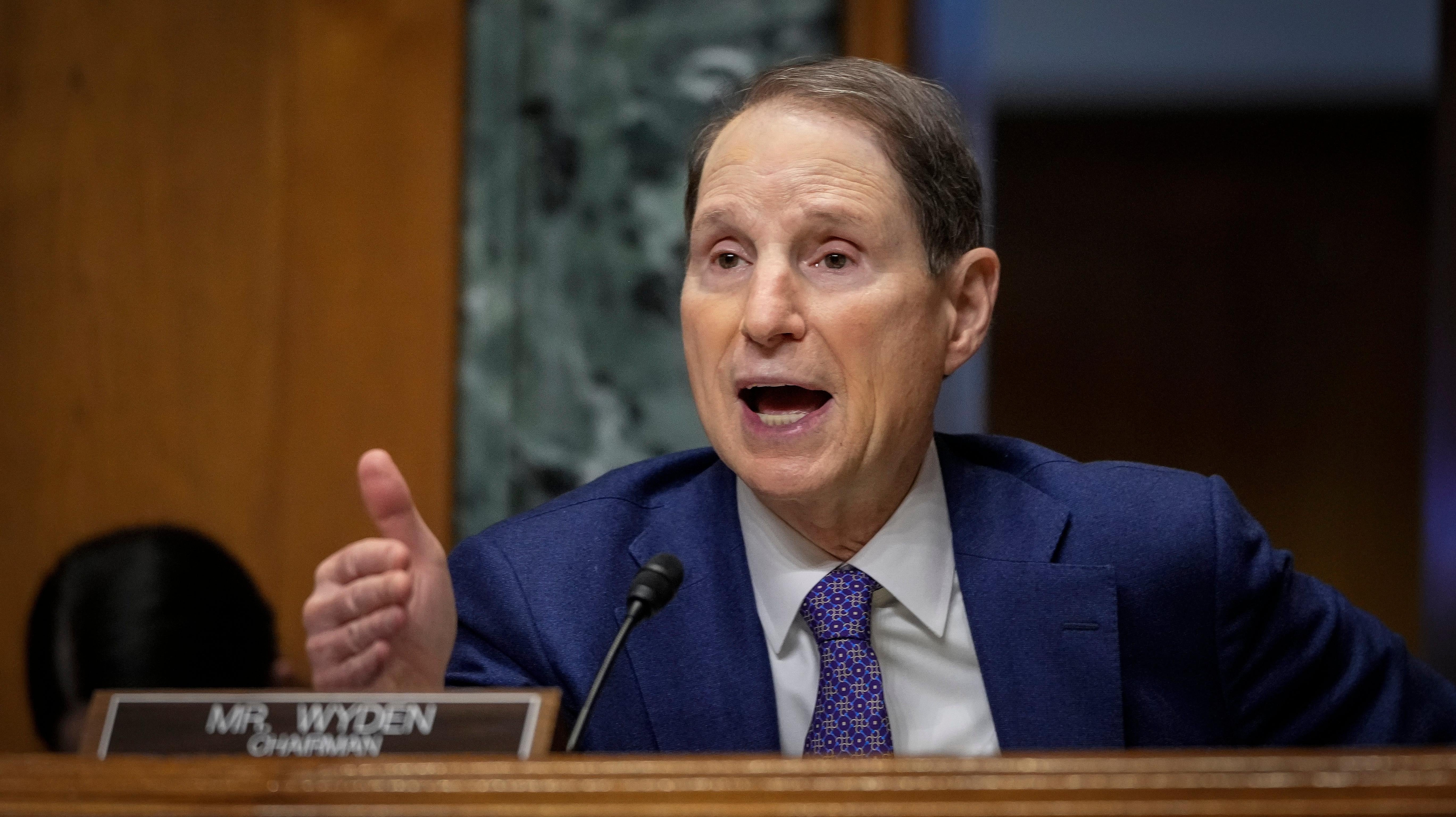
Oregon Democratic Senator Ron Wyden wrote a letter to the Department of Justice’s Inspector General this week calling for a deep investigation into the relationship between federal law enforcement and TRAC. Though Wyden previously disclosed information regarding money transfer surveillance by the Department of Homeland Security last year, the new trove of documents reportedly includes many more states and foreign governments than was previously known.
My investigation uncovered that the U.S. government is conducting mass surveillance on domestic and international money transfers. Now, I’m calling on the DOJ to open an investigation into this practice and its impact on Americans’ rights. https://t.co/J6cedcORM0
— Ron Wyden (@RonWyden) January 18, 2023
“This unorthodox arrangement between state law enforcement, DHS and DOJ agencies to collect bulk money-transfer data raises a number of concerns about surveillance disproportionately affecting low-income, minority and immigrant communities,” Wyden said in a statement. “Members of these communities are more likely to use money transfer services because they are more likely to be unbanked, and therefore unable to send money using electronic checking or international bank wire transfers, which are often cheaper. Moreover, money transfer businesses are not subject to the same protections as bank-based transactions under the Right to Financial Privacy Act.”
